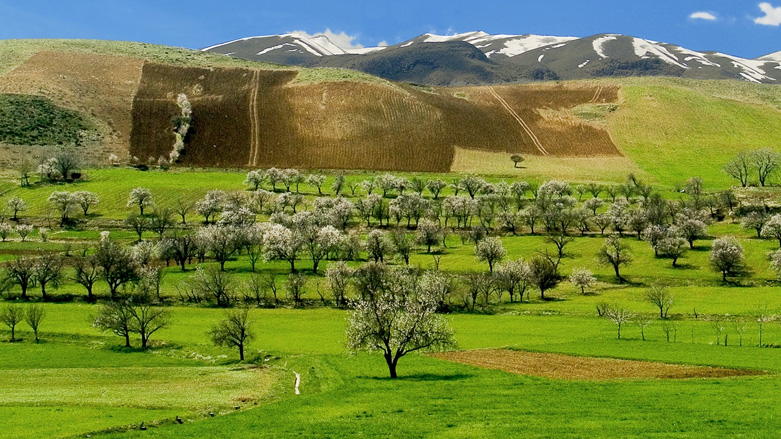PM Barzani: Kurdistan will join international efforts to protect environment, use renewable energy

ERBIL (Kurdistan 24) – The international community needs better understanding and cooperation to eliminate threats related to environmental problems, Kurdistan Region Prime Minister Nechirvan Barzani said on Tuesday.
Barzani’s comment came during a speech at a ceremony in Erbil for Kurdistan Environment Day (April 16).
He called on people to join a week-long campaign to clean the Kurdistan Region’s environment by removing litter and reducing pollution.
“The environment is an important subject, and it has international ramifications,” Barzani stated, noting that although Kurdistan Environment Day was a time to reflect on ways to protect the environment, being environmentally conscious is “an eternal duty.”
The senior Kurdish official said pollution is one of the most pressing concerns that need to be addressed globally through joint efforts.
From 1975 until the end of the Anfal campaigns in the late 1980s, the former Iraqi government systematically destroyed some 4,000 villages in the Kurdistan Region. Some were considerably poisoned by chemical weapons the then-government had used, including agricultural fields and water springs.
The Anfal campaign’s “negative implications continue on the environment today and cause significant illnesses and abnormal births,” the prime minister reminded.
Barzani noted that following the fall of Iraq’s authoritarian system in 2003, the Kurdistan Regional Government (KRG) had re-built thousands of destroyed villages, planted hundreds of thousands of trees, created parks, issued instructions to expand greenery in the cities, and closed oil refineries which polluted the air.
“The Kurdistan Region needs a national strategy to protect the environment.”
Barzani affirmed that the Kurdistan Region would join international efforts to protect the environment, integrate environmental awareness in its curriculums, improve recycling, take advantage of renewable energy and eco-technology, introduce the electric car in its automobile market, expand public transportation, and move toward clean energy.
Renewable energy remains unpopular in the Kurdistan Region and Iraq despite it being suitable due to prolonged periods of warm weather, namely in the summer.
Editing by Karzan Sulaivany
